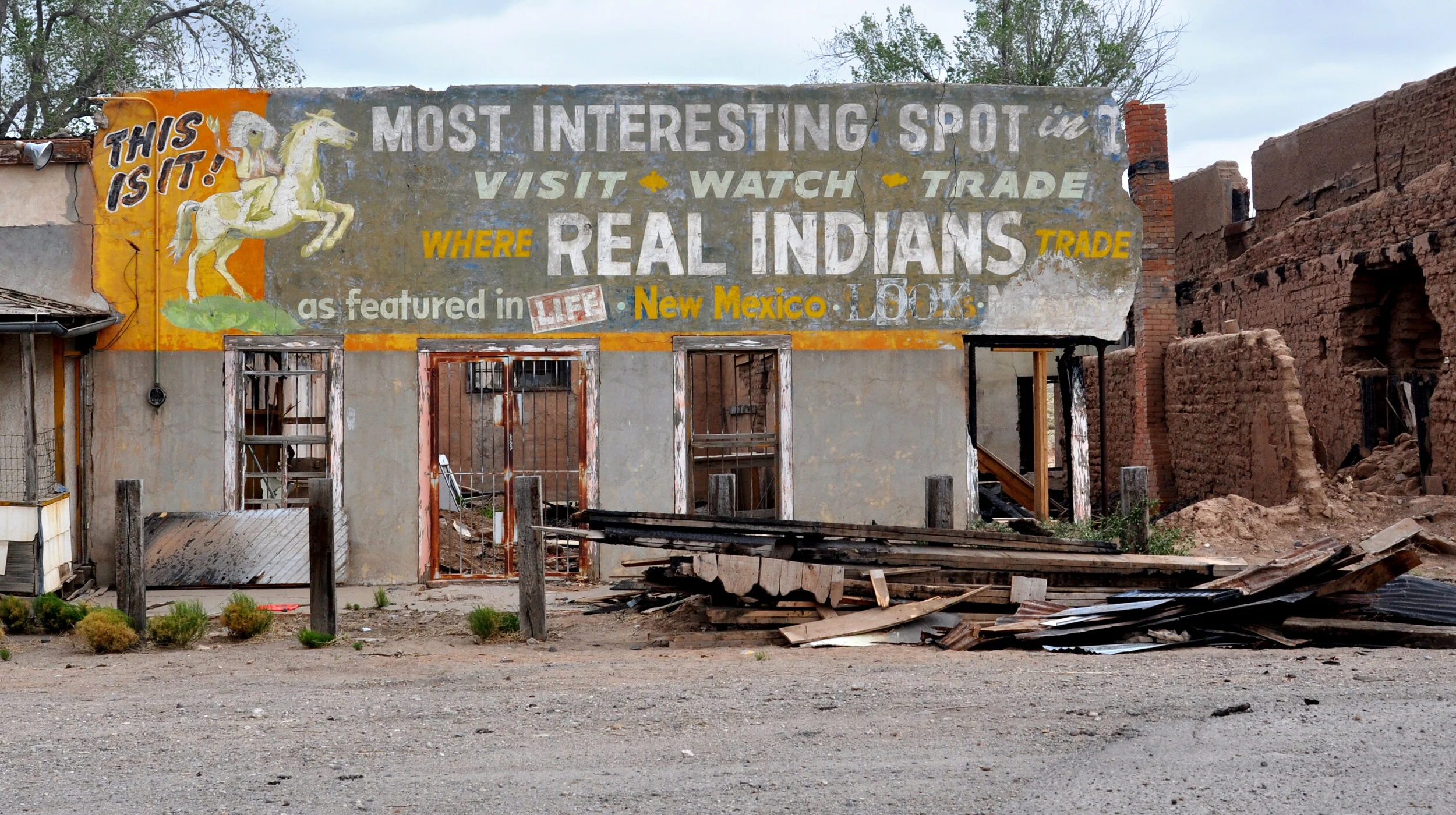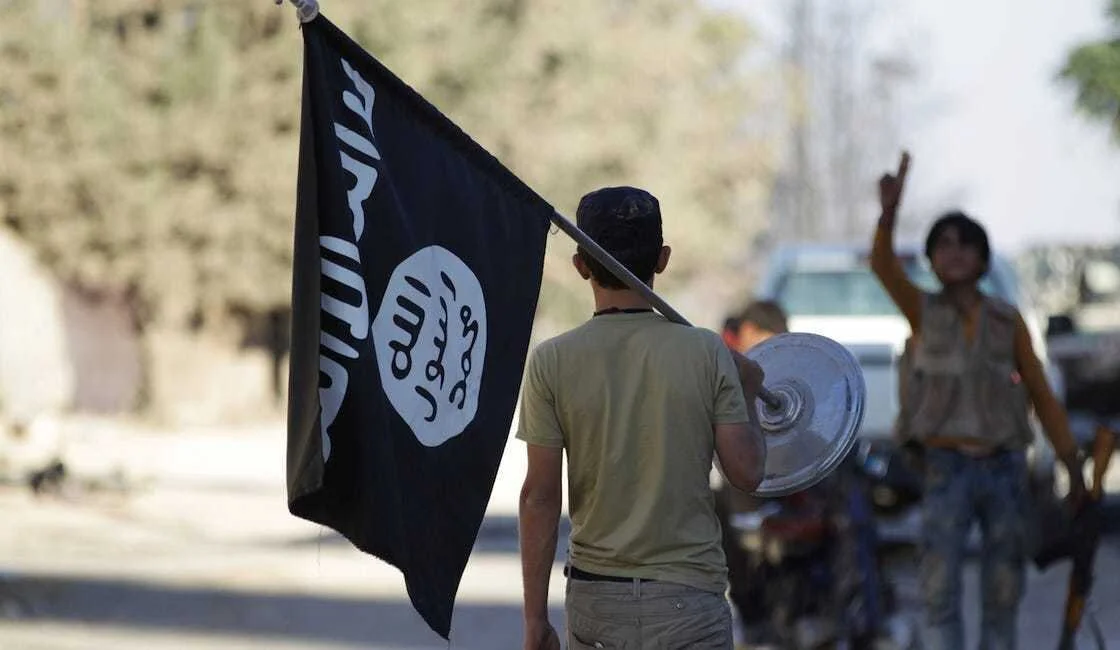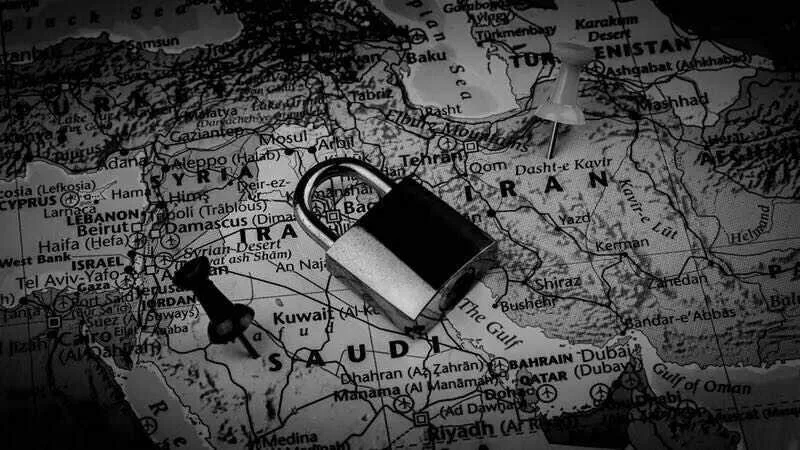For decades, tensions between Japan and South Korea have continued to rise. Despite other countries, including the United States, urging the two to reconcile, efforts to fully resolve the conflict have failed thus far. The countries have had countless disputes with each other, legal, economic, and security related. Many people, including most Japanese civilians, are unaware of the true cause of this rocky relationship. However, this cause can be traced back to Japan’s history of abuse, denials, censorship and lack of accountability.
Read MoreAfter staggering economic decline, increasing political instability, a massive blast at the port of Beirut that claimed over 200 Lebanese lives, and the displacement of nearly 300,000 others, the Lebanese state seems to be on the verge of total collapse. While the political elite and powerful political parties fight to maintain their grip on power as well as the status quo, ongoing protests and continued youth mobilization work to fight against the country’s dire situation.
Read MoreRecently while driving across the barren plains from California to Oklahoma, I was reminded of how vast America is. It is easy to forget this when you are a California resident accustomed to the hustle and bustle of urban life. While nearly 39.1 percent of the population of America huddles along the coasts, millions of people live in rural areas across the United States. Along Interstate 40, there are long stretches where no towns or gas stations can be seen for miles.
Read MoreChange is coming to the National Collegiate Athletic Association (NCAA), and it’s coming soon. For too long, the NCAA has operated under a restrictive model of amateurism for its student-athletes. Under this model, the only compensation that a student-athlete can receive is an athletic scholarship, in addition to secondary aid such as tutoring, medical services, or equipment. But when student-athletes fill out their clearance forms prior to the start of every new school year, they sign away something crucial: control over their Name, Image, and Likeness (NIL).
Read MoreThe power of the Länder has proven a thorn in Merkel’s side throughout the pandemic. In the United States, states have the power to set their own public health guidelines. Huge policy discrepancies have arisen as a result, as states like Texas have removed all restrictions while states such as California have hewed much closer to the guidance of public health experts.
Read MoreBased on the results of the 2020 US Census, California will be losing a seat in the House of Representatives, going down from 53 to 52 seats, for the first time in the state’s history. This loss of a House seat is another sign of what red state conservatives have called the California exodus, or the mass migration of Californians out of the state.
Read MoreA lack of housing is contributing to homelessness, reducing economic growth, and contributing to existing income inequality. And affordable housing is necessary to remove the economic barriers that are holding back America’s cities. In order to address these interconnected and pervasive problems, bold housing policies must be enacted. These are local issues with national implications.
Read MoreOn March 23rd, Israeli citizens voted in the fourth legislative election Israel has held in the past two years. Each of these elections has been an inconclusive referendum on current prime minister Benjamin Netanyahu, who is under indictment on three corruption related charges and seems to care more about personal power than the good of Israel.
Read MoreGenerally, without a concerted effort to preempt this reemerging threat in 2021, ISIS is likely to capitalize on the pressing economic and public health challenges in Iraq and Syria and continue to expand until the U.S. and coalition partners are forced to address the problem, which will have worsened exponentially.
Read MoreNewsom and his allies have cast the recall as a blatant partisan power grab by California Republicans, while the recall’s proponents claim their campaign is simply a reaction against Newsom’s failures as governor amid the COVID-19 pandemic and resulting economic crisis. While some voters may have legitimate criticisms of the Newsom administration, the origins and conduct of the recall campaign thus far indicate that the effort is more a partisan ploy than a legitimate use of recall power.
Read MoreThe implications of this half-century long rivalry in the Persian Gulf have been immeasurably dire for the stability and wellbeing of people in the Middle East. A détente is not only in the interest of regional peoples and states, but also for the benefit of the world given the interregional effects of war and extremism emanating from the Middle East.
Read MoreAll participants of the Arab Spring have either yielded unfathomable socio-economic losses or have reverted back to authoritarian states, leaving the Middle East the same, if not worse, than it was 10 years ago.
Read MoreWhile California’s soaring housing prices, state's high income, and state taxes are major reasons for moving away, hundreds of dissatisfied Californians are leaving the state in search of places with more right-wing policies. This trend falls in line with the lack of bipartisanship across the nation fueled primarily by former President Trump’s presidency.
Read MoreEven though Trump is no longer the president, the sentiments that fueled his supporters are still very much alive. In the last few weeks of the Trump administration, some of his most adamant supporters stormed the Capitol in hopes of stopping the certification process of the presidential election results that verified Joe Biden as the new president.
Read MoreIn August, a main road leading to the northeast town of Velika Kladuša was blocked by residents in order to prevent a bus filled with asylum seekers and migrants from entering; the following days were filled with protest and violent actions against these asylum seekers and migrants. Then in September, two men nearby were attacked by vigilantes, who had also burned down an abandoned house where migrants and asylum seekers had been given permission to stay.
Read MoreTrump addressed a crowd of his supporters at the steps of the Capitol--he detailed the many mediums used to “rig” the election, told the crowd America “has been under siege,” and said to his supporters, repeatedly, that he “loves” them. He finally encouraged them to walk down to the Capitol and “give [lawmakers] the boldness that they need to take back our country.” Minutes later, they stormed the halls of Congress, sending lawmakers into bunkers and the nation into a frenzy.
Read MoreThe most pressing issue for U.S. regional and national security interests has been Iran’s growing nuclear capabilities. Upon Biden’s inauguration today, Iran’s recent bellicose behavior will press him to establish a strategy for working with Tehran that safeguards U.S. national security and satisfies American allies in the Middle East.
Read MoreThe core issue of Amazon deforestation sets the stage for the intersection of human rights and environmental activism as groups try to save both the land and rights of indigenous people. However, these forms of resistance can prove futile in Brazil— a country which has been named “the worst place” for advocates of land rights and nature protection.
Read MoreGenocide denied is genocide continued. Since September 27, 2020, Azerbaijan has laid siege on Artsakh, a disputed area of land between Armenia and Azerbaijan.
Read More



















